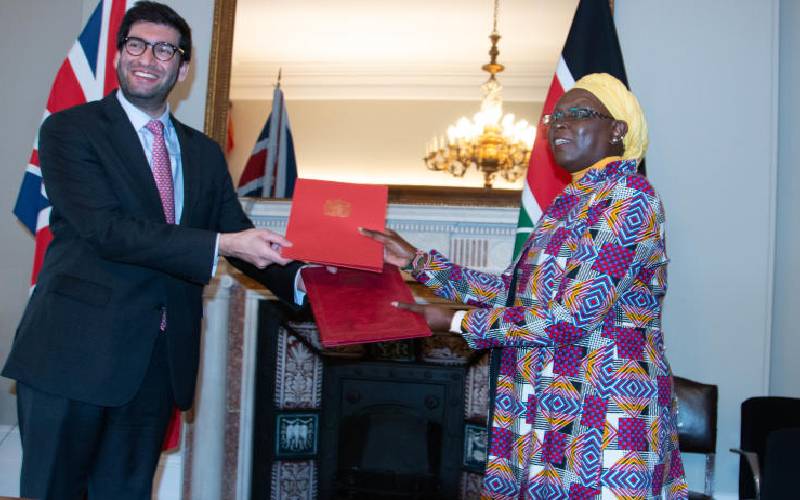
In exactly a week, Kenya’s deadline to ratify an economic partnership agreement (EPA) with the United Kingdom will lapse. The March 8 deadline was activated when Kenya and UK signed the EPA on December 8, 2020 with a 90-day grace period during which lawmakers in both countries should have ratified it.
Last week, however, Kenya’s Parliament declined to ratify the deal during a special sitting with the government hard-pressed to answer significant questions. There is concern that Kenya could be rushing into a trade pact with a bigger and more powerful economic player without an even playing field.